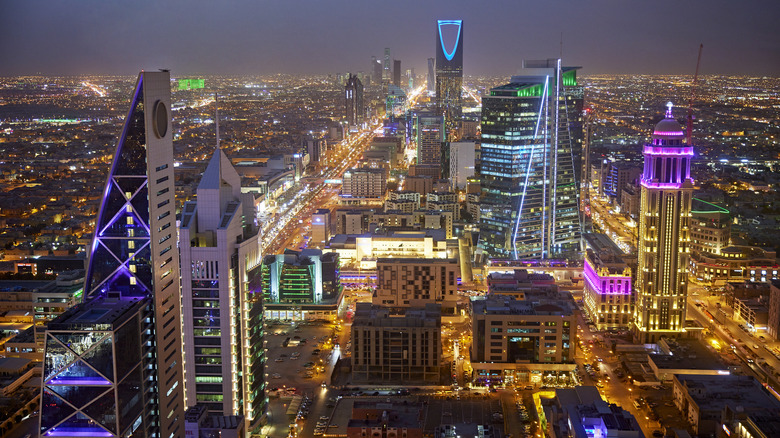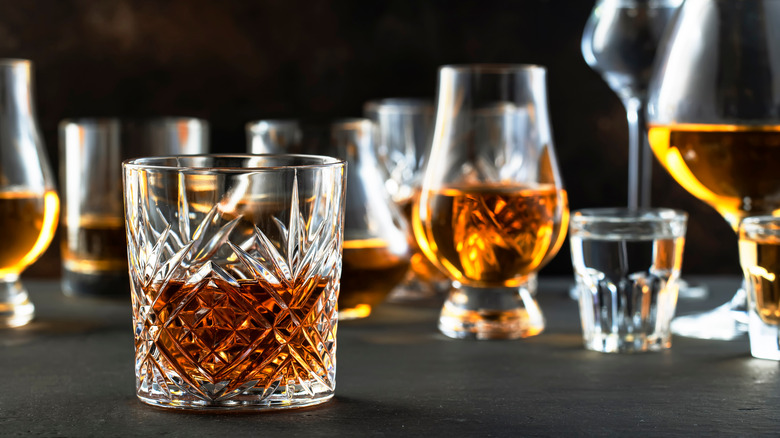Saudi Arabia Opens A Liquor Store For The First Time In 70 Years
Cheers to Saudi Arabia! The country just opened up their first liquor store after 70 years spent under a total alcohol ban. The shop is located in the capital city of Riyadh, but not just anyone can walk in and buy a bottle of beer, wine, or arak, the trendy Middle Eastern liquor. The store is only serving foreign diplomats who are not Muslim. In order to be permitted to shop, patrons will have to show diplomatic identification and be verified through an official Saudi Arabian mobile application. Additionally, the amount each individual can purchase is restricted, and patrons are prohibited from taking any photographs inside the store.
This change comes as part of Saudi Arabia's Vision 2030 plan, led by Crown Prince Mohamed bin Salman. This wide-reaching economic outline seeks to decrease the country's dependence on oil, and modernize various aspects of Saudi Arabia's policies in education, immigration, private enterprise, labor, and so forth. As part of this focus, Salman has overseen significant social changes such as the "reopening of cinemas, authorization to drive for women, sports competitions (Formula One), and musical events" as well as lifting some of the long conservative stances on alcohol, explains the European Institute of the Mediterranean. This shift is being driven by a desire to remain competitive in global markets and create an environment in which Saudi Arabia can grow their tourism industry.
Why alcohol has historically been banned in Saudi Arabia
Saudi Arabia is considered an Arab Islamic sovereign state, and its official religion is Islam with most residents adherents of the faith. Saudi Arabia is also home to the Islamic holy city of Mecca, where Muslims from around the globe end a yearly pilgrimage and celebrate Eid al-Adha. As such, the country has very strict laws for social activities in accordance with religious doctrine. However, the initial prohibition of liquor enacted in 1952 by King Abdulaziz was more about saving political face.
Saudi Prince Mishari shot and killed British diplomat Cyril Ousman in a drunken fight at a party when Ousman refused to serve Mishari more alcohol. In a country guided by Islamic morality on paper, the incident outlined the stark contrast in beliefs and behaviors between the largely religious populace and the wealthy ruling class.
In general, banning a vice doesn't mean that people stop seeking it out. Instead, a prohibition creates a thriving black market, and the same has been true in Saudi Arabia. When unregulated alcohol is smuggled into the country, the Saudi government completely misses out on the potential tax revenue. This liquor store is one small step towards curbing illegal trade and is perhaps an indication of more changes to come in the future.


